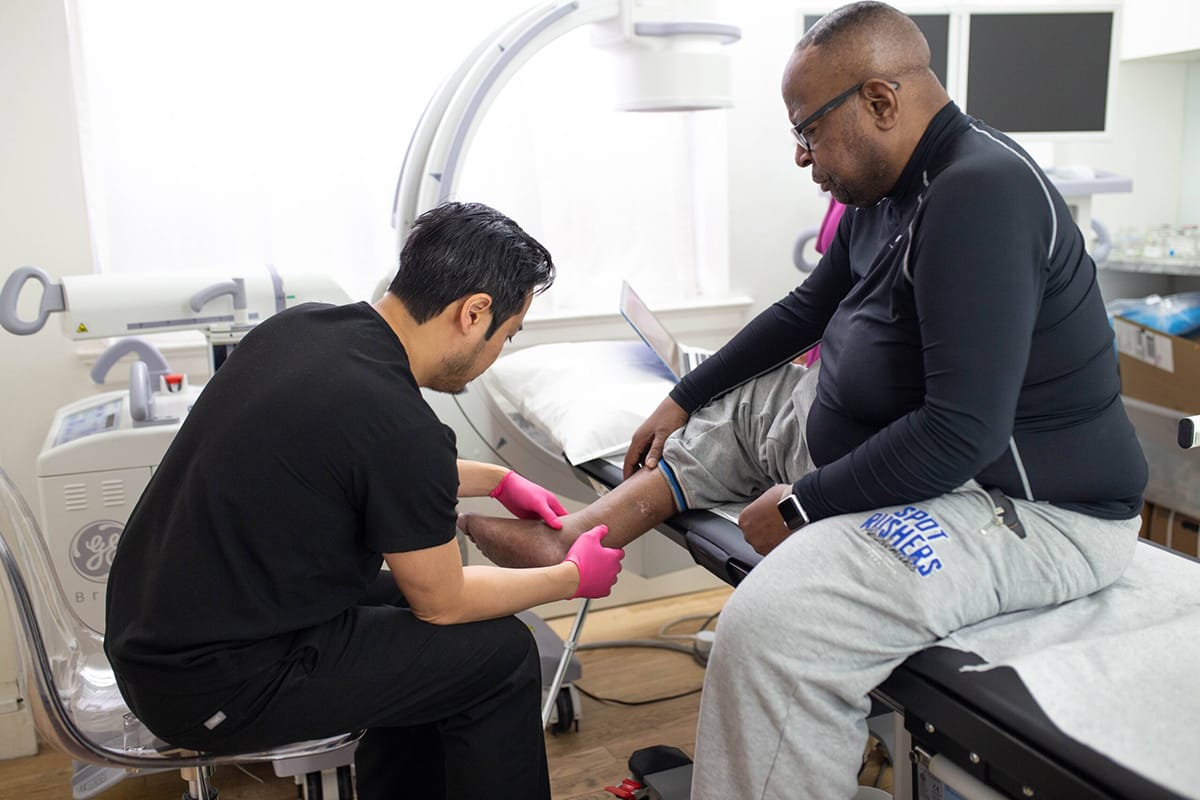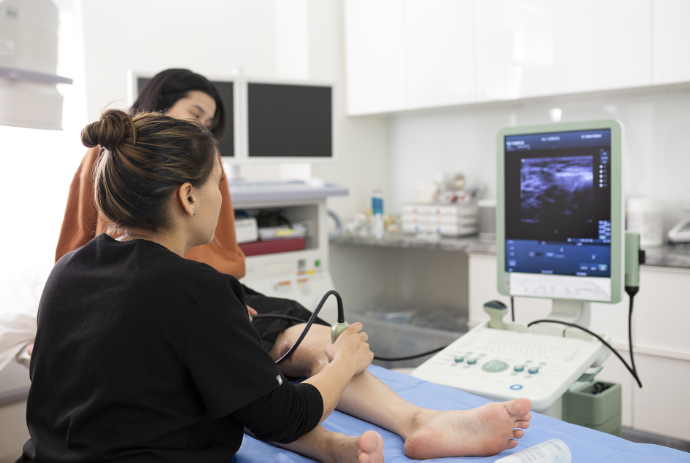What Are The Dos And Don'ts Of Varicose Veins?
Varicose veins are twisted, bulgy, or enlarged veins that usually occur in the legs and feet, as it is a common health condition that affects millions of people globally. They change to blue or dark purple and develop due to damaged or weakened vein valves. Symptoms may vary from person to person, including discomfort and throbbing pain. If the pain disappears when raised, it is likely vein-related. Other symptoms include pain, itching, heaviness in the legs, burning, throbbing, muscle cramping, intensified pain after prolonged sitting or standing, and chronic swelling in the lower legs or ankles. It is one of the confusing questions often asked by affected individuals: What is a Vein Doctor Called? Vein doctors are known as phlebologists, vascular specialists, vascular interventional radiologists, and many others.
Many people ask vein specialists: What are the treatment options for varicose veins? They are lucky enough because many treatment options are available for venous efficiency. Some of them are mentioned below:
- Ambulatory phlebectomy
- Sclerotherapy
- Endothermal ablation
- Vein stripping
- Laser surgery
- Compression stockings
- Ligation and stripping
- Ablation

Exercise or physical activities
Do physical activities
Indulge yourself in physical activities like walking, swimming, and cycling that exert pressure on your legs, thus improving the flow of blood circulation. Focus on smaller periods of activity more regularly and build up from there.
Don’t put excess stress on your body
Don’t put too much pressure on yourself. It creates adverse effects by putting too much strain on your body, like high-impact exercises or lifting hefty weights, which can injure your veins more than help them.
Diet associated with veins
Add a healthy diet
Follow a healthy and well-balanced diet low in fat, sugar, and cholesterol, including green vegetables and fresh fruits. Your veins will remain strong and clear after implementing a healthy lifestyle.
Don’t consume sugary items
Don’t consume highly processed items with too much sugar and calories. This makes people obese, as excessive fat can put pressure on veins, making them bulgy or twisted.

Medical advice for varicose veins
Do consult with your vein specialist
To protect yourself from the condition worsening, you must consult with a vein specialist, who will suggest the right course of treatment according to your vein condition. If you do not know whom to consult, you can ask your family doctor or general practitioner, as they recommend a vein specialist or phlebologist. These medical professionals are experts in determining, diagnosing, and treating different vein-related diseases.
Don’t listen to speculation
Most of us fear visiting a healthcare professional clinic, but this is only the right way to get treatment for vein disease. So don’t listen to speculation, and don’t take medicines from any drug stores without consulting a vein specialist.
Briefing
Treating vein diseases at an early stage protects you from life-threatening diseases like clots, ulcers, and other major vein-related diseases. If you experience any symptoms like pain, heaviness, muscle cramping, or swelling in the legs, These signs indicate you should consult a vascular specialist without wasting time. Take care of yourself to keep yourself healthy, fit, and fine.
Comments
Post a Comment